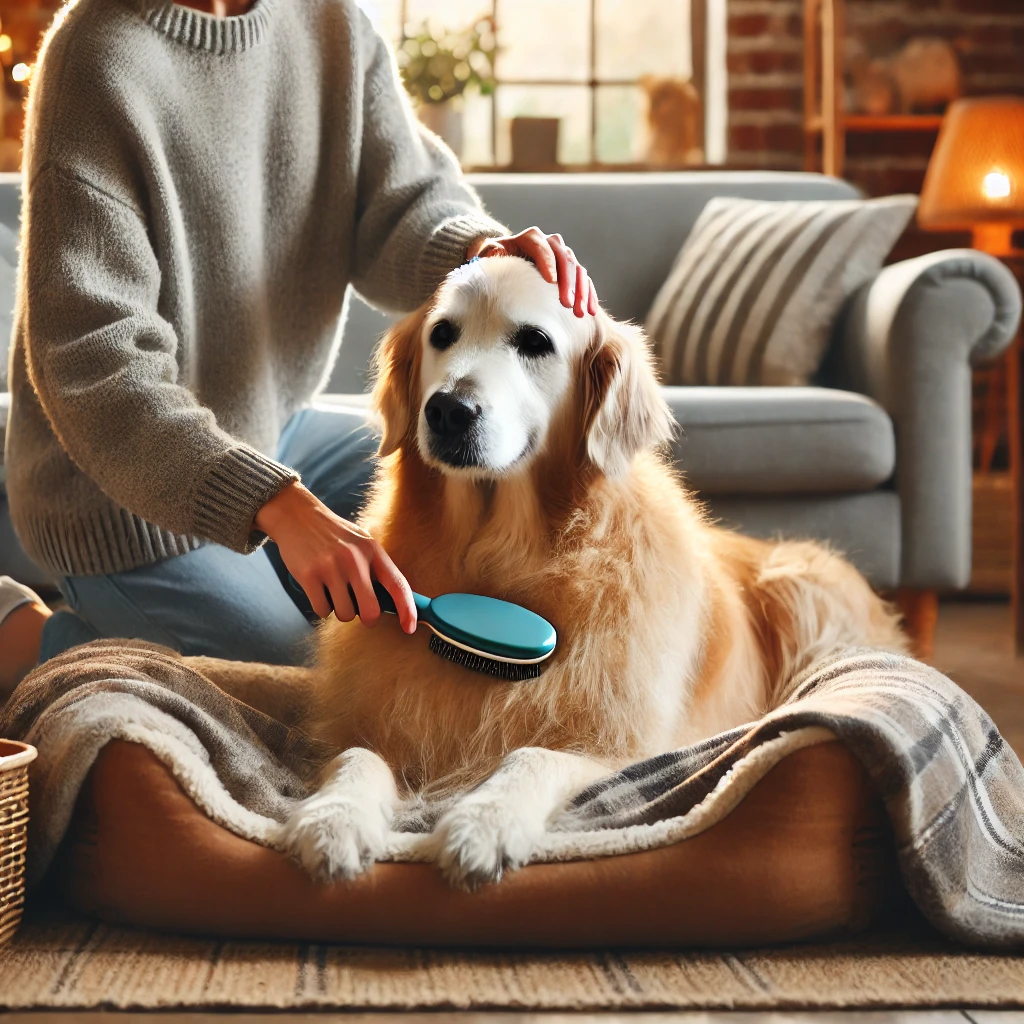What Care Do Senior Dogs Need? Age-Specific Health Management Guide

Introduction
As dogs age, their needs change significantly. Senior dogs require special care to ensure they lead comfortable, happy lives in their golden years. This guide provides an in-depth look at age-specific health management strategies, focusing on nutrition, exercise, regular check-ups, and emotional well-being.
Understanding When Your Dog Becomes a Senior
While the definition of a “senior” dog varies by breed and size, most dogs are considered seniors between the ages of 7 and 10. Larger breeds age faster and may become seniors earlier, while smaller breeds tend to age more slowly.
Common signs of aging include:
- Decreased activity levels
- Weight gain or loss
- Graying fur and cloudy eyes
- Stiffness or difficulty moving
- Changes in appetite and behavior
Nutrition for Senior Dogs
As dogs age, their metabolism slows, and they may develop specific dietary needs. Key tips for feeding a senior dog include:
- Switch to a high-quality senior dog food formula.
- Ensure the diet is rich in fiber for digestive health.
- Include omega-3 fatty acids to support joint health.
- Monitor calorie intake to prevent obesity.
- Provide plenty of fresh water to support kidney health.
Exercise and Mobility for Older Dogs
Regular, low-impact exercise is crucial for senior dogs. Activities such as:
- Gentle daily walks
- Swimming (excellent for joint health)
- Short play sessions to keep muscles active
Ensure your dog has a warm, comfortable resting place, and consider orthopedic beds to relieve joint pain.
Regular Veterinary Check-Ups
Senior dogs should visit the veterinarian at least twice a year for comprehensive check-ups. Key areas to monitor include:
- Blood tests to check kidney, liver, and thyroid function
- Dental health checks and cleanings
- Joint and mobility assessments
- Weight monitoring
Mental and Emotional Well-Being
Maintaining mental stimulation is as important as physical care. Ideas to keep your senior dog mentally active include:
- Puzzle toys and treat-dispensing games
- Short training sessions to reinforce simple commands
- Quality time with their favorite humans
Conclusion
By understanding your senior dog’s needs and providing appropriate care, you can help them enjoy their later years with comfort and happiness. Regular veterinary visits, a balanced diet, gentle exercise, and plenty of love will go a long way in keeping your aging furry friend healthy and content.

